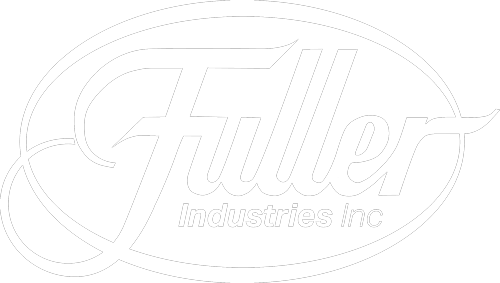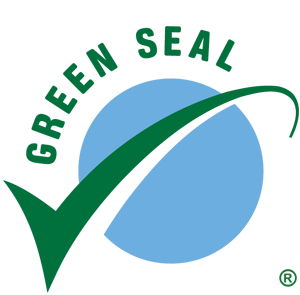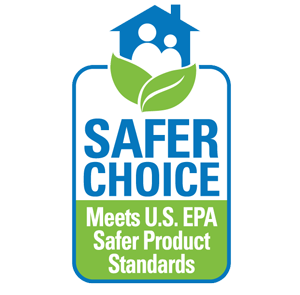The Brush Solution that Changed the World
There’s a reason our Fullergript technology is patented: It’s what we use to construct our metal channel strip brushes, and the results speak for themselves. The construction anchors the filaments of our brushes firmly in place, giving them a density, durability, and uniformity that cannot be emulated by staple-tufted brushes.
Perhaps best of all, the metal channel strip design offers a wide range of flexibility. It can be used as a straight strip, or formed into nearly any shape, be it curved into an arc or otherwise bent to fit your application, formed into nearly any shape. It also can be coiled or spiraled. If you can think of a brush application, we can make it.
Advantages of Metal Channel Brushes
The brushes we build using Fullergript technology are versatile and durable. Think of anywhere you’ve seen brushes in action: conveyor cleaning and separation, pipe cleaning, fruit and vegetable washing, they can do it all. Now think of places you’ve seen brushes and didn’t even realize they were brushes, because they were capably managing some other task: bus and door seals, material handling, such as an auger or screw, weather stripping, spray control on tractor-trailers, and several other uses.
Why Our Metal Channel Brushes Are Better
There are several reasons why our brushes are better at what they are called upon to do.
Backing
Strip metal (steel, stainless steel, or aluminum) forms the indestructible backing for Fullergript brushes. The fill material is laid over the heavy gauge metal which is being formed into a U-shaped channel.
Center Wire
A strong, durable steel locking wire runs the entire length of the strip. We insert it over the fill material and force it down into the formed channel. The wire causes the fill to become vertical as the strip closes over both the wire and the fill.
Fill Material
The versatility of Fullergript allows the use of a variety of materials to provide the most efficient brushing action, including horsehair, fiber, steel wire, bronze wire, stainless steel, nylon, polypropylene, and other synthetics, as well as mixtures of these materials in any combination you can imagine. Choose from our selection, and if you don’t see what you’re after, get in touch.
- Bassine: Great for cleaning hard surfaces, such as concrete, vinyl, ceramic tile, terrazzo, and linoleum.
- Goat hair: Used in applications requiring a delicate touch, such as cosmetics, dusting, and forensics.
- Horsehair: Used for polishing and cleaning as a less abrasive alternative to synthetic or metal bristles. It is also used dry in anti-static environments or for applying adhesives.
- Polyester: Used for applications that require a bristle with low water absorption, polyester is a good choice. It remains stiff, even in liquid, and is resistant to bacteria and microorganisms.
- Polypropylene: Similar to polyester, polypro, for short, resists water, retains its stiffness in wet or dry conditions, and is bio-resistant. The material is largely resistant to damaging industrial chemicals or solvents, as well as acids, alcohols, or oils.
- Tampico: Typically used for light scrubbing or cleaning, natural Tampico fiber is highly water absorbent. It also is resistant to heat and chemicals, making it a popular fill for bakery brushes.
- Stainless steel: Known for high corrosion and heat resistance, stainless steel is used in tool fabrication and finishing. Brushes made from this material also are used on conveyors and for heavy-duty cleanings, such as rust, corrosion, and paint removal.
- Steel: Steel is appropriate for use on surfaces that have varying texture and porosity, such as wood, metal, concrete, and stone. Fine bristles are suitable for polishing, while the stiffer wire is used to abrade or remove build-up or corrosion.




